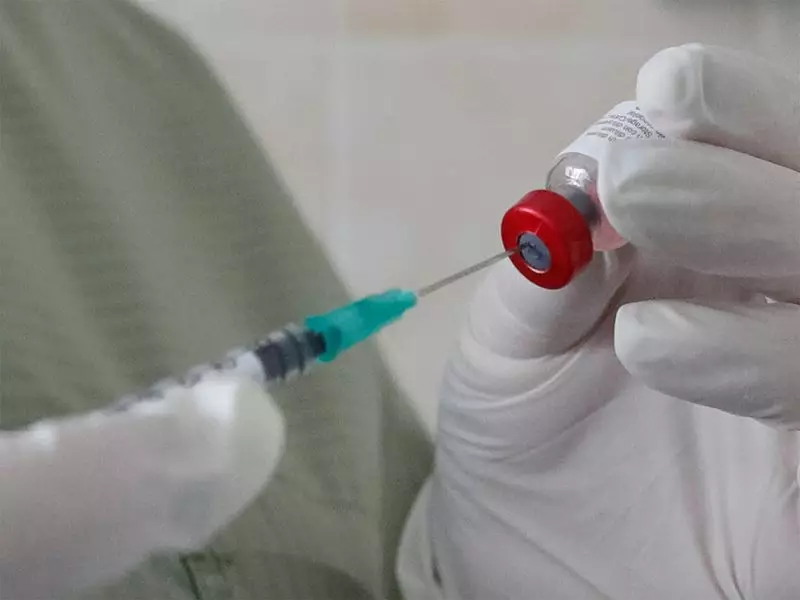
Health authorities in Germany have made a concerning discovery that has put global health organizations on alert. Poliovirus has been detected in wastewater samples collected from Hamburg, marking a significant development in infectious disease monitoring.
Wastewater Detection and Immediate Response
The Robert Koch Institute (RKI), Germany's central institution for disease control, confirmed the presence of poliovirus type 2 in sewage samples. The detection occurred during routine environmental surveillance conducted in Hamburg. According to the World Health Organization (WHO), the virus was identified from a sample collected on March 7, 2024.
Health officials have emphasized that no human cases of polio have been reported in connection with this finding. The detection comes from environmental monitoring alone, which serves as an early warning system for potential public health threats.
Global Context and Vaccination Importance
WHO has classified this event as moderate risk at the national level and low risk at the regional and global levels. However, the organization stresses that any detection of poliovirus warrants serious attention and investigation.
The German National IHR Focal Point promptly notified WHO about the finding on February 8, 2024, demonstrating efficient international health regulation compliance. Genetic sequencing revealed that the detected virus is a vaccine-derived poliovirus type 2 (VDPV2), which originates from oral polio vaccines containing weakened viruses that can sometimes circulate and regain strength.
Preventive Measures and Ongoing Monitoring
German health authorities have immediately intensified their surveillance efforts. This includes enhanced wastewater testing and strengthening clinical surveillance for acute flaccid paralysis (AFP), the hallmark symptom of polio. The country is also reviewing vaccination coverage data to identify any potential gaps in population immunity.
WHO recommends that all countries, particularly those with frequent travel and contact with polio-affected nations, strengthen surveillance efforts for AFP cases. Maintaining high vaccination coverage remains crucial to preventing outbreaks.
The detection in Hamburg serves as a reminder that polio eradication efforts require constant vigilance even in regions where the disease has been eliminated. Until polio is completely eradicated worldwide, the risk of importation or detection remains present.
Health authorities continue to monitor the situation closely and have assured the public that comprehensive measures are in place to protect population health. The incident highlights the importance of robust environmental surveillance systems in detecting potential health threats before they manifest in human populations.





